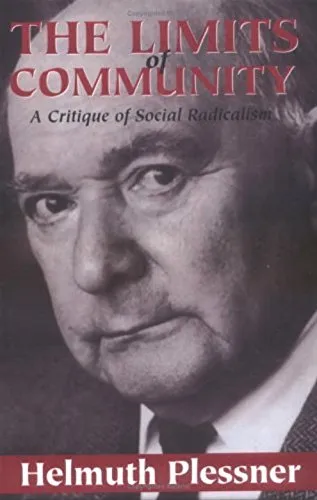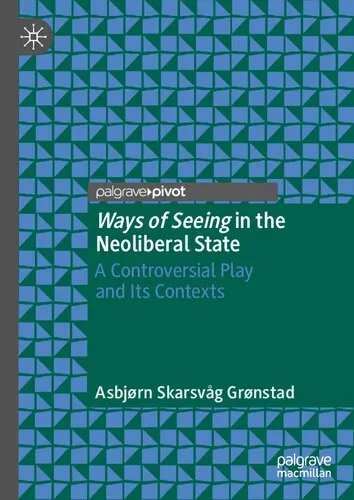The Limits of Community: A Critique of Social Radicalism
4.9
Reviews from our users

You Can Ask your questions from this book's AI after Login
Each download or ask from book AI costs 2 points. To earn more free points, please visit the Points Guide Page and complete some valuable actions.Related Refrences:
A contemporary of Martin Heidegger and Edmund Husserl, Helmuth Plessner (1892-1985) achieved recognition as a social philosopher during the three decades following World War II. He is best known for helping to establish philosophical anthropology as a discipline, which arose under his and Max Scheler's tutelage during the Weimar Republic and continues to exert influence over German thought.
In The Limits of Community, Plessner presents the appeal and the dangers of rejecting modern society for the sake of the ideal of community. The appeal, he suggests, is to escape the anonymity of mass society; the danger is the eventual loss of human dignity and the rise of an authoritarian politics based on violence and fanaticism. Social radicalism is born from the underside of modern society. It takes root among the disenfranchised and, especially, among the young. Attuned to the political undercurrents of his own society, Plessner anticipated the rise of German fascism nine years before its fateful emergence onto the world stage.
Now that dissatisfaction with modern society is prevalent in the United States and elsewhere, appeals to the ideal of community can be heard once again in the communitarian critique of liberalism and in the politics of identity. What de Tocqueville identified as the tyranny of the majority represents an ever-present danger to the individual today.
Written in 1924, The Limits of Community remains relevant today and will be of interest to scholars and students of German intellectual history and of political and social theory.
Free Direct Download
You Can Download this book after Login
Accessing books through legal platforms and public libraries not only supports the rights of authors and publishers but also contributes to the sustainability of reading culture. Before downloading, please take a moment to consider these options.
Find this book on other platforms:
WorldCat helps you find books in libraries worldwide.
See ratings, reviews, and discussions on Goodreads.
Find and buy rare or used books on AbeBooks.
1215
بازدید4.9
امتیاز50
نظر98%
رضایتReviews:
4.9
Based on 0 users review
"کیفیت چاپ عالی بود، خیلی راضیام"
⭐⭐⭐⭐⭐
Questions & Answers
Ask questions about this book or help others by answering
Please login to ask a question
No questions yet. Be the first to ask!



